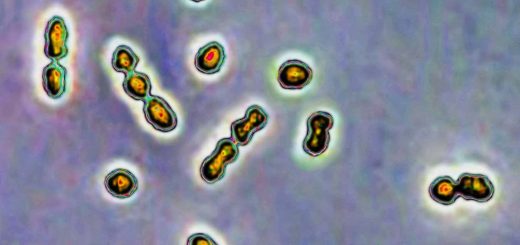Pregnancy’s lasting effects on different parts of the body revealed
An “unprecedented view” of how the body changes during and after pregnancy has revealed many long-lasting impacts on the liver, kidneys and more
By Carissa Wong
26 March 2025
Pregnancy has many effects on the body
AnnaStills/Getty Images
As anyone who experiences it knows, pregnancy vastly transforms the body – and now we have the most detailed picture yet of how it affects the blood, organs and immune system on a weekly basis. This could help provide treatments post-pregnancy, as well as reveal the risks of developing certain conditions while pregnant.
“We got an unprecedented view of the way the mother’s body is changing week by week, to compensate for the incredible load on it, and how long it takes to recover after delivery,” says Uri Alon at the Weizmann Institute of Science in Rehovot, Israel.
Read more
The only four skincare ingredients that have been proven to work
Advertisement
Despite its importance, pregnancy has been understudied, says Alon. For example, previous research has tracked how around 20 blood markers, such as salt and iron levels, change in dozens of women during pregnancy up to roughly six weeks after delivery, using samples taken during standard healthcare. “These experiments are usually done on a small number of patients, and they sample just once every trimester or one time point after delivery,” says Alon.
To get a more comprehensive view, Alon and his colleagues analysed blood samples previously collected from more than 160,000 women in Israel, aged between 25 and 31, who collectively had over 300,000 pregnancies. Together, these samples provided a snapshot of the body each week from 20 weeks before conception to 18 months after delivery, with each woman providing data for a few points in time. This approach gives useful insights into how the body generally changes during pregnancy at a population level, though tracking the same women at every time point would provide a better picture of individual trajectories, says Christoph Lees at Imperial College London.
The researchers mapped out changes in 76 blood markers, such as the levels of proteins, fats and salts, that indicate the function of the liver, kidneys, blood, muscles, bones and immune system. They found that each of these markers varied widely from pre-conception levels during pregnancy, before either gradually returning to pre-pregnancy levels or overshooting the other way before settling back to the pre-pregnancy baseline.


